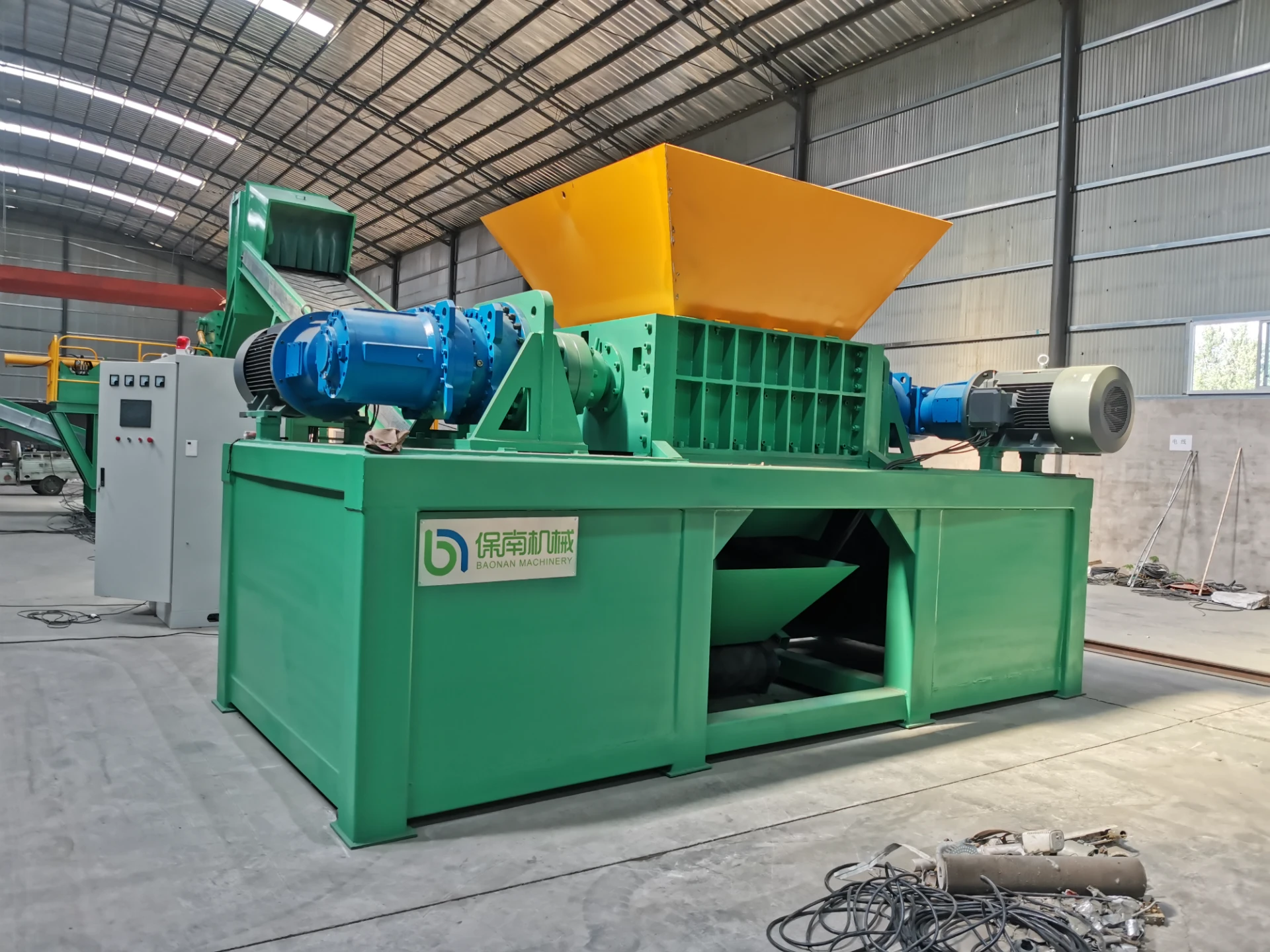Effective e-waste management is not just a responsibility; it's a necessity in today's technology-driven world. As digital devices continue to proliferate, the challenge of managing electronic waste is growing exponentially. E-waste refers to discarded electronic devices and components, including everything from smartphones and laptops to household appliances and batteries. Without proper management, e-waste can lead to significant environmental and health issues.

To tackle the issue of e-waste management effectively, a multi-pronged approach is required. This approach should focus on sustainable product design, robust recycling programs, and informed consumer behavior. Let's delve into each of these aspects to uncover comprehensive solutions.
Sustainable Product Design
The foundation of e-waste management begins at the design stage. Manufacturers must prioritize sustainable product design that emphasizes durability, repairability, and recyclability. By extending the lifespan of electronic devices, manufacturers can reduce the frequency with which these items are discarded. Modular designs, where components can be easily replaced or upgraded, ensure products have longer usability. Additionally, using non-toxic, recyclable materials furthers the goal of minimizing environmental impact. Companies leading in this space are setting examples by offering trade-in and take-back programs, thus closing the loop on product life cycles.

Robust Recycling Programs
Recycling is a cornerstone of effective e-waste management. However, traditional recycling processes are often not equipped to handle the complexity of modern electronics. For recycling programs to be effective, they need to incorporate advanced technologies to safely extract valuable materials such as gold, silver, and rare earth elements. Urban mining, an innovative recycling approach, focuses on extracting these materials from e-waste efficiently. Establishing proper channels for collecting e-waste ensures that consumers have convenient options for disposing of their electronics. Companies can partner with certified e-waste recyclers to ensure that collected items are processed responsibly. Moreover, legislation should support these efforts by enforcing strict standards for e-waste recycling.
Informed Consumer Behavior
Consumers play an integral role in the e-waste management ecosystem. Educating the public about the environmental impacts of e-waste and the importance of responsible disposal is crucial. Awareness campaigns can encourage consumers to adopt environmentally friendly practices, such as purchasing refurbished devices, participating in recycling programs, or donating functioning electronics to those in need. Product labeling, indicating environmental impact, can guide consumers toward more sustainable choices. By understanding the footprint of their electronic devices, consumers are more likely to engage in practices that support the reduction of e-waste.
what is the solution for e waste management
Corporate and Governmental Responsibility
The responsibility for managing e-waste does not lie solely with the consumer. Both corporations and governments must take active roles in promoting and enforcing effective e-waste management strategies. Corporations have the opportunity to lead by example, not only in design and recycling initiatives but also in transparency and reporting. Governments can incentivize companies that prioritize sustainable practices and impose penalties for non-compliance with e-waste regulations. International cooperation and harmonization of e-waste laws can also enhance the effectiveness of these efforts on a global scale.
Innovative Technologies
The development and deployment of innovative technologies can revolutionize e-waste management. Artificial intelligence and machine learning can enhance sorting and processing capabilities, making recycling operations more efficient. Blockchain technology offers potential in tracking products from manufacture through disposal, ensuring accountability at every stage. Research and development in this area is crucial for creating scalable and impactful solutions.
The path to solving e-waste management is paved with innovation, responsibility, and cooperation. It requires a synergy of efforts from product manufacturers, recycling institutions, consumers, and policymakers. By establishing a culture of sustainability and accountability, the threats posed by e-waste can be mitigated, safeguarding our environment for future generations.
Every link in the chain of electronic product life—from design to disposal—presents an opportunity to reduce waste and promote sustainability. Taking a proactive, informed approach to e-waste management offers not only environmental rewards but also economic benefits, fostering a circular economy that values resources and prioritizes their intelligent use.



